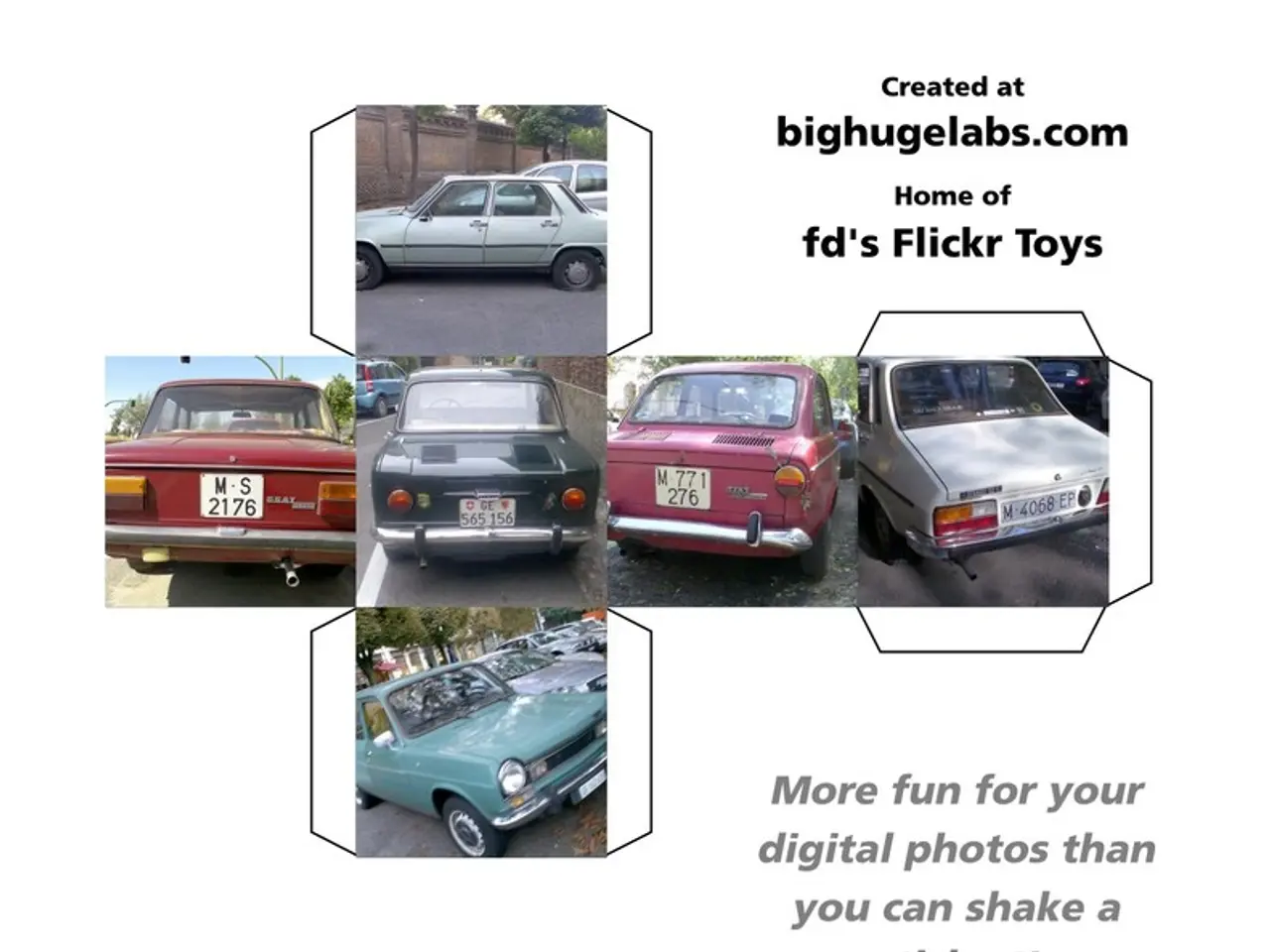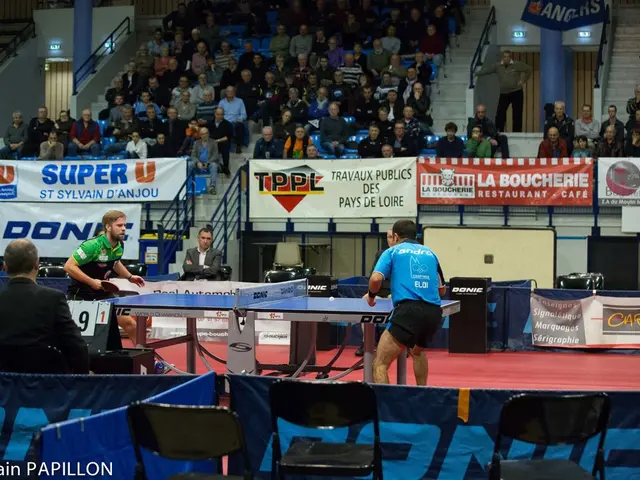Discussion 06: "Mobility stirs up feelings."
In the ever-evolving world of automotive technology, two influential figures, Frank M. Rinderknecht and Carla Welti, have shared their thoughts on the future of mobility. Alongside expert Prof. Dr. Tobias Schmidt, their perspectives offer a fascinating glimpse into the drive of the future - electromobility.
Rinderknecht, having covered over 12,500 kilometers using an electric bus, believes that projections of current needs into the future often don't work out. This insight, coupled with his next electric road trip to Japan, demonstrates a commitment to exploring and understanding the potential of electrified transportation.
Welti, who prefers driving herself, finds the idea of autonomous vehicles appealing for longer journeys. She sees the bond with a car as not about the shell but the content, similar to a smartphone. Sharing experiences with a car on social media can awaken emotions, memories, and needs, regardless of the price, according to Welti.
Both Rinderknecht and Welti agree that mobility is an emotional topic. They believe that a certain deceleration is needed for a real step into the future in mobility, as many cars are becoming interchangeable due to similar functions, design, and innovations. Without focus, every vision in mobility may lose its focus, they caution.
Rinderknecht points out that the more software there is in cars, the faster they might become obsolete. He notes that the half-life of cars is much shorter today than it used to be, contradicting the trend towards more sustainability.
Prof. Dr. Tobias Schmidt, an expert in the field, considers electromobility the drive of the future. However, he believes that motorsports drive significant developments in automotive technology, and impractical or boring concepts will struggle in the market.
The Arctic Circle collection, presented during the FAT International Ice Race, pays homage to Polestar's motorsport DNA. This year, Polestar set up its base camp in the Austrian Alps for the race, demonstrating their commitment to pushing the boundaries of what's possible in electromobility.
Despite the success of electromobility, Rinderknecht states that sharing models have not been as successful in the market as expected. He wishes for more cars with character and history in the future, echoing Welti's sentiments about the emotional connection with a car.
In conclusion, the future of mobility is a complex and fascinating topic. With experts like Rinderknecht, Welti, and Schmidt leading the way, we can look forward to a future where electromobility thrives, while maintaining the emotional connection we have with our vehicles.







